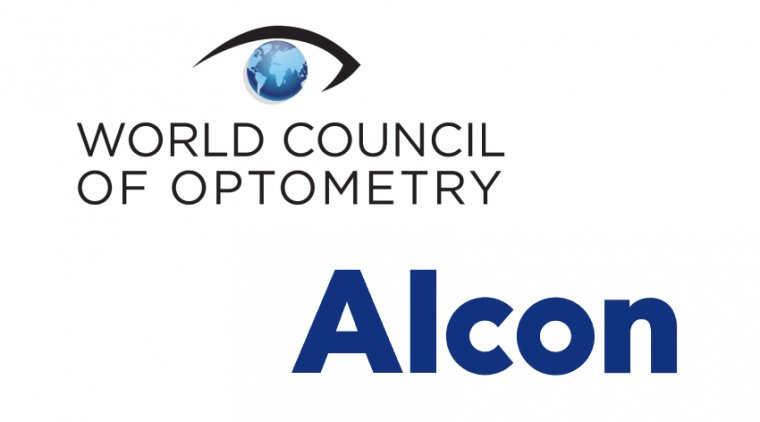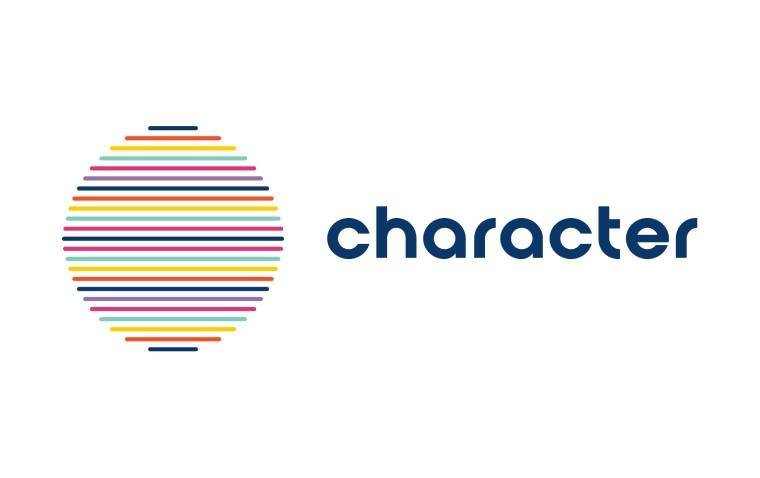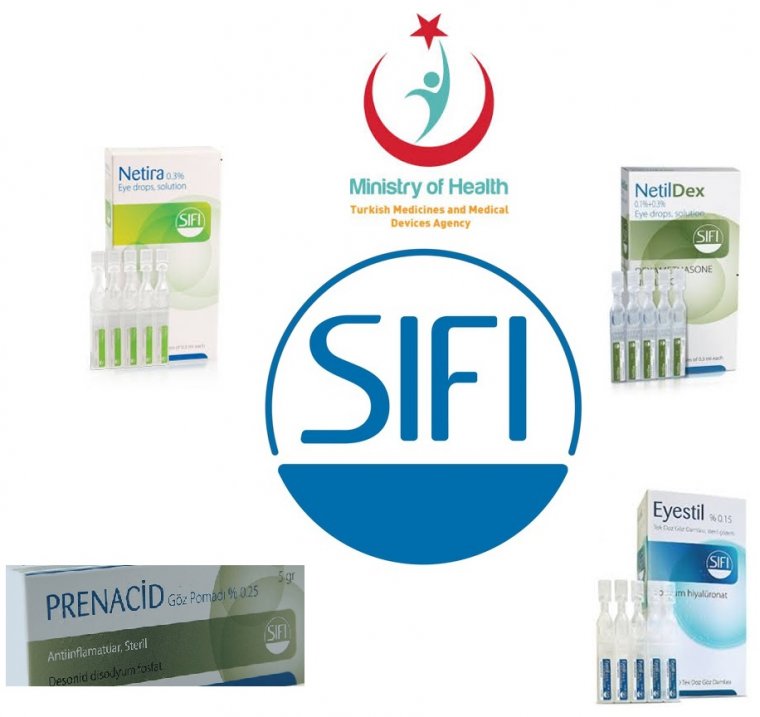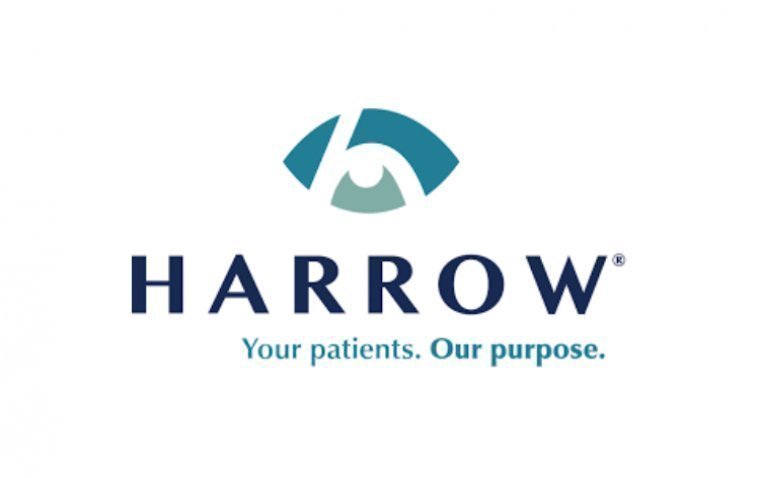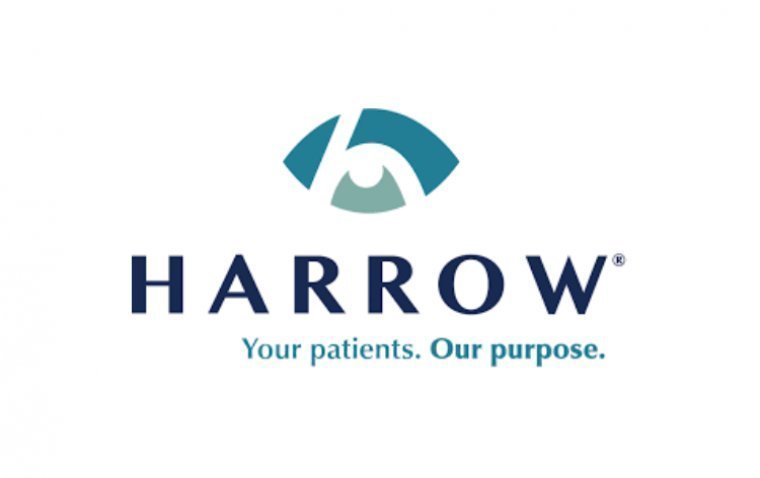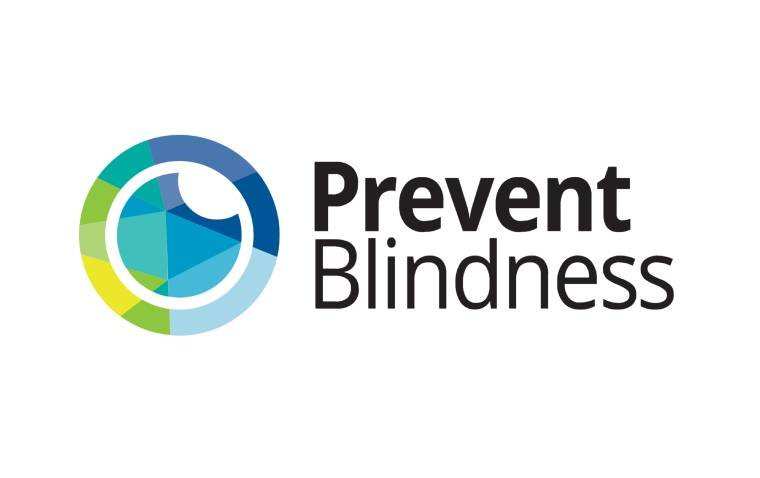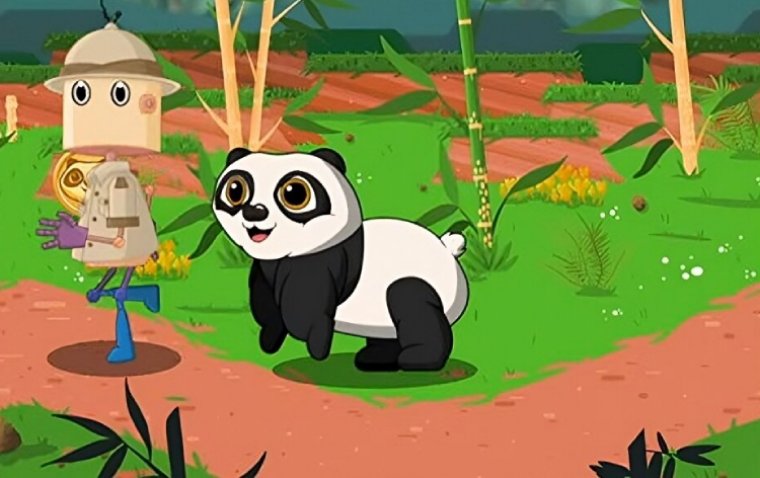
New Smartphone App Helps Children with Amblyopia
Eye specialists, mathematicians, and game designers at the University of Southampton have collaborated to create and launch a smartphone app with the goal of enhancing crucial treatment for children diagnosed with amblyopia, a prevalent visual impairment commonly referred to as "lazy eye."
Amblyopia is responsible for causing vision loss in young children, affecting approximately one in 50 individuals. The condition arises when one eye fails to establish a strong connection with the brain. Fortunately, amblyopia can often be effectively treated through occlusion or "patching" therapy. This therapy involves covering the unaffected eye for a specific duration, typically three hours a day for a period of six months, which compels the "lazy" eye to function actively.
Ensuring that children adhere to the prescribed treatment is crucial, but it often requires significant involvement from parents or caregivers. The success rate of occlusion therapy stands at only 50 percent, and experts highlight that the abandonment of treatment by busy households, primarily due to the substantial time and effort required, is a prominent factor contributing to its failure.
"Consistency in wearing an eye patch is essential for treating amblyopia. The technique works, but there's a short window of time for treatment, as it has very limited success after the age of eight. It requires a huge time investment and perseverance and is not much fun at all. Sadly, it's easy to give up,” explained Dr. Jay Self, associate professor of ophthalmology at the University of Southampton, and Consultant at University Hospital Southampton (UHS).
"Preliminary evidence suggests that the development of immersive smartphone, tablet and computer games could offer an effective solution by making the child want to wear the patch for the first time. This can increase the effectiveness of occlusion therapy and importantly, help relieve some of the pressure on parents to implement the treatment,” he added.
The researchers from Southampton have established a spinout company called Nucleolus Software. They have introduced a mobile app specifically created to foster a positive connection between children and their eye patch, thereby encouraging them to wear it more consistently. Additionally, in collaboration with the Southampton charity Gift of Sight, they have initiated a nationwide survey to gain deeper insights into the obstacles hindering successful patch-wearing and explore the potential of game technology in addressing these challenges.
The smartphone app comprises a collection of diverse computer games developed by graduates from the Winchester School of Art, affiliated with the University of Southampton and employed at Nucleolus Software. Employing advanced programming techniques, the app utilizes the smartphone's camera to verify the proper placement of the eye patch by the user and actively motivates them to maintain correct usage throughout the gameplay experience.
"By harnessing novel approaches from computational mathematics and artificial intelligence we have enabled the app to sense if the user's eye patch is being worn properly. If it isn't, the game prompts them to correct this by sending them encouraging messages. If they wear their patch properly the game responds by unlocking different levels, or can give rewards," Mathematician Joerg Fliege, professor of operational research at the University of Southampton stated.
"We think motivating children in this way will help them to form a more positive association with their patch and ultimately, increase the effectiveness of their treatment."
The Amblios Club, a prototype version of the app, is currently accessible on the Google Play Store for selected Android devices. The developers have plans to make it available for iPhone devices in the near future. Within the game, children engage with Bambu the panda and his robot companion Bob, who reside in a nature reserve. As they explore the wilderness, they encounter various wildlife and assist Bob in maintaining the reserve's ecological balance and promoting waste recycling.
Games designer and senior lecturer at Winchester School of Art (WSA), Vanissa Wanick, commented, "By using games and Artificial Intelligence, The Amblios Club puts the kids in the center of the experience. By making eyepatch use a superpower, we expect that this becomes not just a fun element, but also an opportunity for kids to shine. The app also has a nurturing and goal setting scheme that gives children and their parents autonomy and control over the patching treatment.
(1).jpg)
